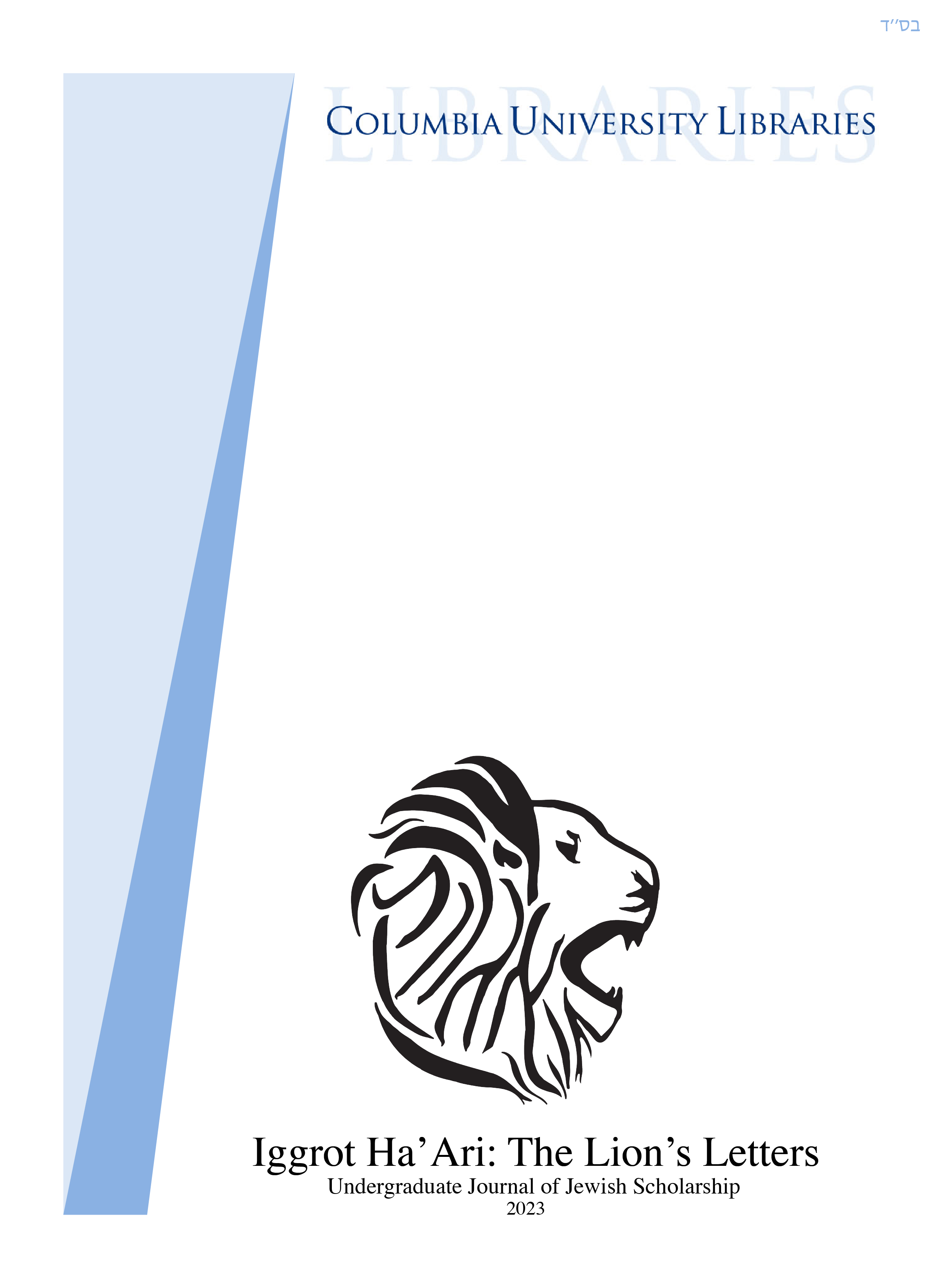摘要
The discovery of the West Indies by Christopher Columbus in the fifteenth century disrupted traditional Abrahamic cosmology and millenarianism in Europe. As the existence of previously unidentified peoples contradicted the scriptural notion of monogenesis, conquest in the Americas required not only a physical colonization, but a spiritual appropriation. Religious theories were developed in response to explain indigenous communities’ isolation, absence, and independence from the known world. The Israelite-AmeriIndian theory —which hypothesized that the indigenous peoples were descendants of the ten lost tribes of Israel— popularized in the mid-seventeenth century. Its two main proponents, Thomas Thorowgood and Menasseh ben Israel, a Presbyterian minister and a Marrano rabbi respectively, attempted to reconcile the reality of the Americas with their historical imagination of the Old World. In expressing opposing interpretations of the Israelite myth and the role of indigenous Americans in the exile and future eschaton, Thorowgood and ben Israel demonstrated divergent understandings of the consequence and purpose of colonialism in the biblical metanarrative.
##submission.copyrightStatement##

